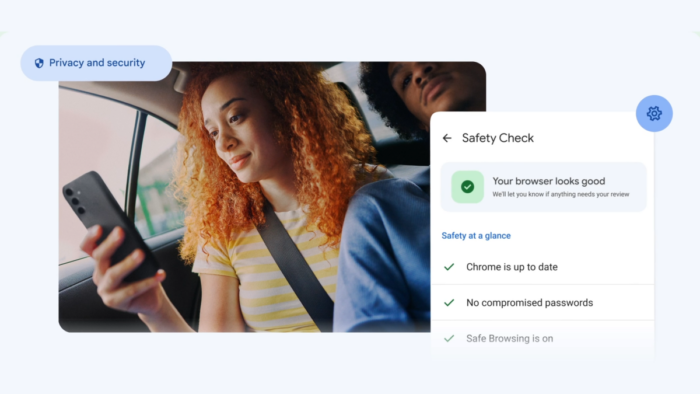Google Chrome will soon be using AI to detect scams
There has been a conscious effort to detect scams using AI
2 min. read
Published on
Read our disclosure page to find out how can you help MSPoweruser sustain the editorial team Read more
Key notes
- Google Chrome is testing an AI-powered feature to detect scams using on-device LLMs.
- The feature analyzes web content for scam indicators, all locally on your device.
- Recently, Chrome also tested a “Store Reviews” feature to summarize site reviews.

Google Chrome will reportedly use AI to detect scams on the internet, as a recently spotted flag on Chrome Canary reveals.
Folks with the browser’s experimental channel have seen a new flag called “Client Side Detection Brand and Intent for Scam Detection,” spotted by @Leopeva64 on X.
In its description, the feature “enables on-device LLM (large language model) output on pages to inquire for brand and intent of the page.”
Being an “on-device” LLM means that the browser uses AI that’s from your device to analyze web content. That also means that your data won’t be uploaded to the cloud and used by Google to improve its AI.
Not too long ago, Google also tested an AI-powered “Store Reviews” feature on Chrome. It summarizes reviews from trusted platforms like Trust Pilot and ScamAdvisior to assess a site’s trustworthiness directly from Chrome’s info panel.
Google Chrome is arguably one of the biggest—if not the most popular—browsers around. And with the holiday season just around the corner, a bit of AI help in detecting scams wouldn’t hurt, although we’re still unsure when this feature is rolling out.
AI sure does help a lot in detecting scams, but it can also be a powerful tool for creating them. There has been a conscious effort to use this tech against scammers: British network provider O2 previously launched an “AI granny” called Daisy that can scam-bait scammers by talking with them with boring stories for up to 40 minutes.
Chrome has also improved its Safety Check feature, added a one-tap “Unsubscribe” option to stop unwanted website notifications, released one-time permissions for sharing data like camera and mic access.









User forum
0 messages